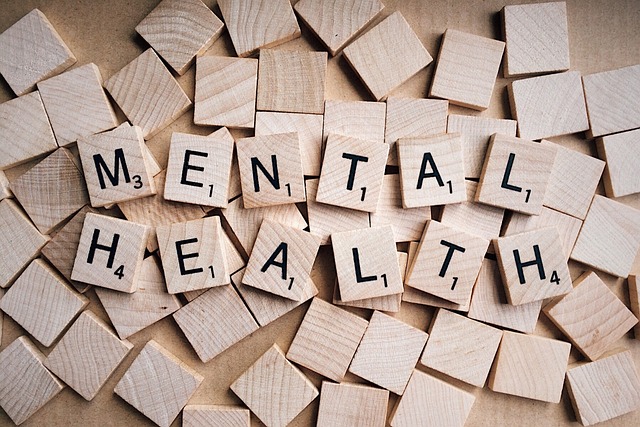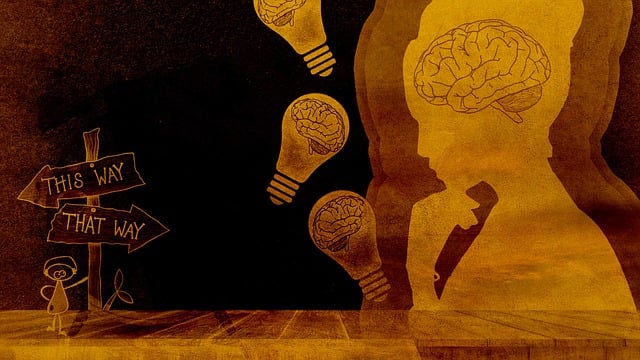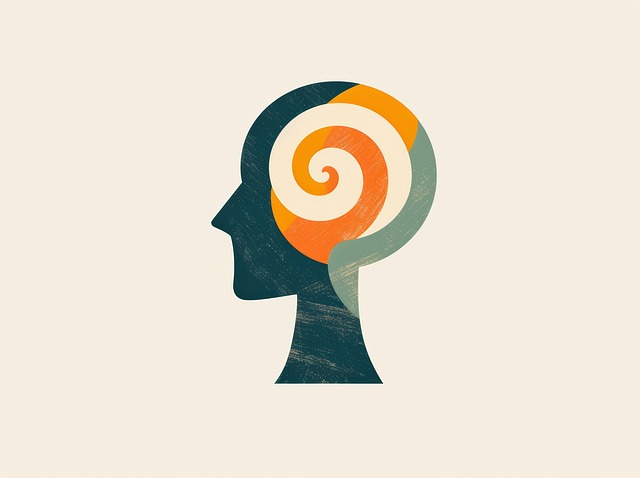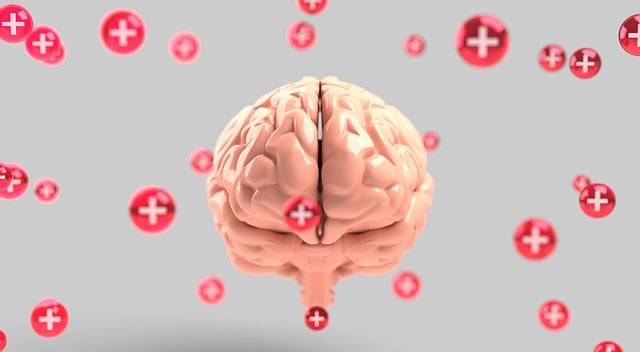Media portrayal significantly shapes public understanding of mental health, particularly eating disorders, in Louisville. Inaccurate or limited depictions can perpetuate stigma, hindering individuals from seeking help. Louisville Eating Disorders Therapy (LEDT) is pioneering efforts to dispel media stereotypes through responsible coverage, community outreach, and mental wellness journaling exercises. They aim to balance sensationalized portrayals with authentic representation, educating both the public and media about eating disorder complexities. By promoting empathy and reducing stigma, LEDT strives to revolutionize media narratives, fostering a more inclusive environment for eating disorders therapy in Louisville.
Mental illness representation in media significantly influences public perception and can either perpetuate stigma or foster understanding. This article explores strategies to challenge negative stereotypes, focusing on how initiatives like Louisville Eating Disorders Therapy are making strides. We delve into the impact of media portrayal on mental health, present current solutions, and offer guidelines for enhancing positive representation. Additionally, we discuss the role of responsible reporting and public awareness in fostering a more inclusive and supportive society.
- Understanding the Impact of Media Portrayal on Mental Health
- The Current State: How Louisville Eating Disorders Therapy Addresses Media Stigma
- Strategies to Enhance Positive Representation in Media and Pop Culture
- Fostering Change: Encouraging Responsible Reporting and Public Awareness
Understanding the Impact of Media Portrayal on Mental Health

Media portrayal plays a significant role in shaping public understanding and perceptions about mental health. The way mental illnesses are depicted in films, television shows, and news media can either perpetuate harmful stereotypes or foster empathy and awareness. For instance, limited representations of eating disorders in Louisville’s media landscape have often contributed to the stigma surrounding these conditions, making it harder for individuals struggling with such disorders to seek help. This is where responsible media coverage becomes a powerful tool for change.
By accurately portraying mental illnesses, including eating disorders, media can significantly impact how communities respond to and support those affected. Implementing community outreach programs focused on mental illness stigma reduction efforts, combined with guidance on mental wellness journaling exercises, can further enhance understanding and encourage help-seeking behaviors. Such initiatives are crucial steps towards creating a more inclusive and supportive environment for individuals battling mental health challenges.
The Current State: How Louisville Eating Disorders Therapy Addresses Media Stigma

Louisville Eating Disorders Therapy (LEDT) is at the forefront of challenging media representations of mental illness, particularly in the realm of eating disorders. In today’s digital age, where images and narratives heavily influence societal perceptions, LEDT recognizes the power of media as both a tool for perpetuating stigma or a platform for advocacy. The current state of representation often portrays eating disorders as sensationalized and superficial, contributing to the marginalization of those struggling with these complex conditions.
To address this challenge, LEDT offers not only crisis intervention guidance but also focuses on burnout prevention and conflict resolution techniques. Through various initiatives, they aim to educate both the public and media professionals about the nuances of eating disorders, fostering a more empathetic understanding. By challenging stereotypical portrayals, LEDT seeks to revolutionize media narratives, ensuring that those affected by these illnesses are represented with dignity and authenticity, ultimately reducing the stigma surrounding mental health issues.
Strategies to Enhance Positive Representation in Media and Pop Culture

Media plays a significant role in shaping societal perceptions and understanding of mental health. To challenge negative stereotypes and promote accurate representation, several strategies can be implemented. Firstly, encouraging diverse narratives that include characters with various mental health conditions can help normalise conversations around these topics. This includes showcasing recovery stories, demonstrating the complexity of individual experiences, and featuring individuals from different ethnic backgrounds, genders, and socio-economic statuses.
Additionally, media creators should focus on providing Crisis Intervention Guidance by presenting viewers with resources and helpline numbers during or after content related to mental health crises. Incorporating resilience-building themes can also inspire hope and foster a sense of empowerment. Moreover, integrating Cultural Sensitivity in Mental Healthcare Practice ensures that stories resonate with diverse audiences, promoting empathy and understanding across communities, especially when characters’ cultural backgrounds contribute to their unique experiences and recovery journeys.
Fostering Change: Encouraging Responsible Reporting and Public Awareness

The media plays a pivotal role in shaping societal perceptions about mental health, particularly when it comes to less understood conditions like eating disorders. In Louisville, efforts are being made to foster change through responsible reporting and public awareness campaigns. By presenting accurate, sensitive, and nuanced portrayals of individuals with eating disorders, the community can challenge stigmatizing stereotypes and promote understanding. This shift in representation encourages people to seek help without fear of judgment or misconception.
Encouraging responsible reporting involves collaborating with media outlets to develop guidelines that accurately depict mental illness. Implementing community outreach programs that educate both the public and media about coping skills development and emotional well-being promotion techniques is also key. Such initiatives not only empower individuals struggling with eating disorders but also equip the broader community with the knowledge to offer support and understanding, ultimately enhancing the overall wellness of Louisville residents.
Media representation plays a pivotal role in shaping public understanding of mental health. By highlighting responsible reporting and fostering awareness, we can challenge existing stigmas. Louisville Eating Disorders Therapy serves as an example of how community engagement and accurate media portrayal can make a significant difference. Through collaborative efforts, we can create a more inclusive and supportive landscape where individuals with mental illnesses feel seen, heard, and empowered. Together, we can revolutionize the way mental health is perceived and treated in our society.














